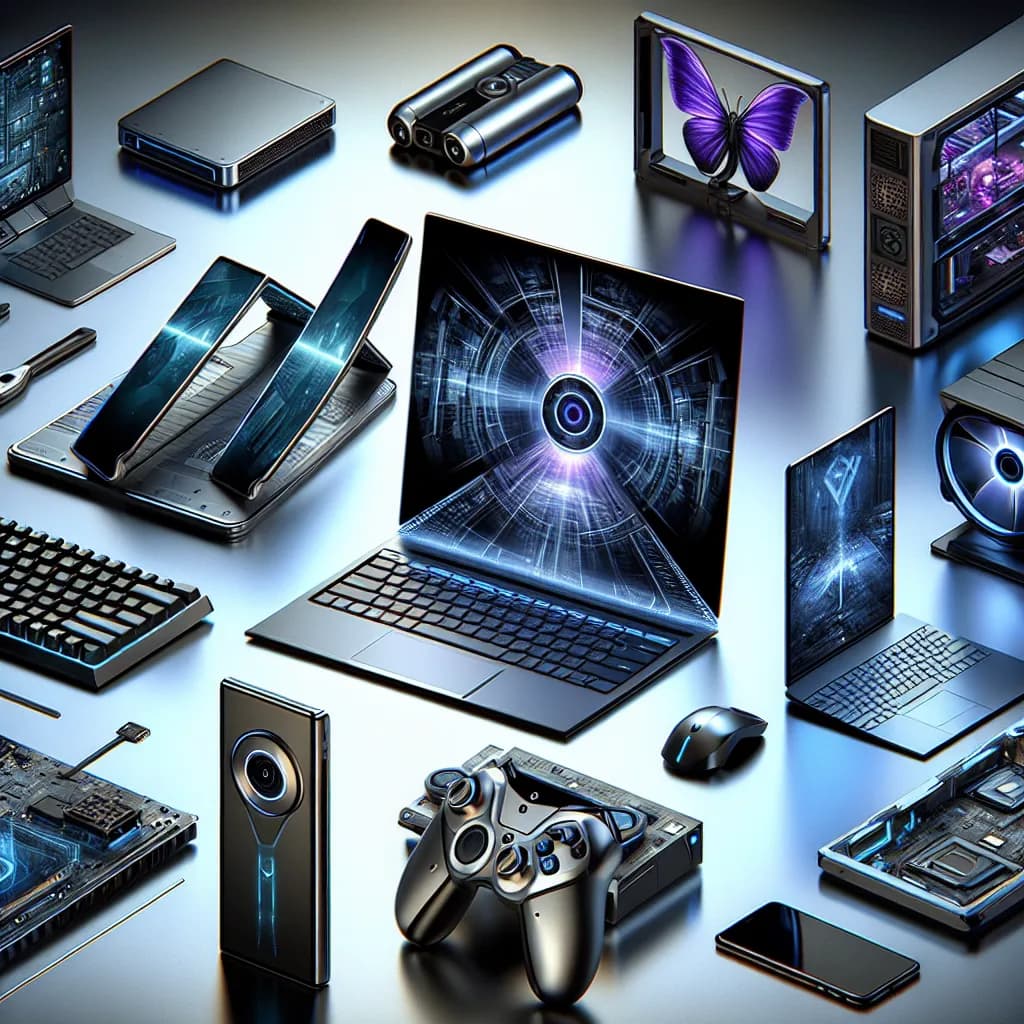Date:
29/10/2023
Listen to this article:
Key Points
Both iPhone and Android have their unique advantages and disadvantages concerning storage, native features, gaming experience, warranty programs, and operating system flexibility.
The choice between iPhone and Android can significantly depend on personal preferences and the specific features a user values the most.
When it comes to choosing a smartphone, the age-old debate often centers around iPhone and Android. Each has its unique set of pros and cons that cater to different user preferences.
iPhone Pros:
Regular Updates: Apple frequently releases iOS updates to patch bugs and introduce new features. Every iPhone user has access to these updates as soon as they are released, unlike Android where it can take more than a year for some phones to get a new update.
Native Features: iPhones come with native features like iMessage and FaceTime, providing a streamlined user experience for messaging and video calling.
Gaming Experience: iPhones are often considered superior for gaming due to lower touch latency and better optimization of applications, which enables good performance without needing as much RAM as Android phones.
Warranty Program and Customer Service: AppleCare+ is a comprehensive warranty program, and Apple's customer service is often viewed as superior to that of Android manufacturers.
Android Pros:
Expandable Storage: Many Android phones support expandable storage via SD cards, allowing users to increase storage capacity at a lower cost compared to upgrading to a new iPhone model or purchasing additional iCloud storage.
Headphone Jack: Some Android phones still come with a headphone jack, providing more options for users who prefer wired headphones.
More Phone Options: The wide variety of manufacturers creating Android phones provides a diverse range of options catering to different budget and feature preferences.
Unrestricted Operating System: Android's operating system is less restricted, offering more customization options and a broader range of apps available for download.
iPhone Cons:
Limited Customization: iPhones have limited customization options unless jailbroken, and the iOS ecosystem is often viewed as more restrictive.
Cost: iPhones are generally more expensive, and expanding storage or replacing parts can also be costlier compared to Android.
Android Cons:
Delayed Updates: Update frequency is a concern as some Android phones can take a long time to receive new updates.
Fragmented Experience: Due to the vast array of Android devices and manufacturers, the user experience can be inconsistent across different devices and brands.
References
About the author
Evalest's tech news is crafted by cutting-edge Artificial Intelligence (AI), meticulously fine-tuned and overseen by our elite tech team. Our summarized news articles stand out for their objectivity and simplicity, making complex tech developments accessible to everyone. With a commitment to accuracy and innovation, our AI captures the pulse of the tech world, delivering insights and updates daily. The expertise and dedication of the Evalest team ensure that the content is genuine, relevant, and forward-thinking.
Related news

How Google Bard Transforms Creative Writing
Explore how Google Bard revolutionizes creative writing, offering a blend of AI-powered inspiration, story development, and editing prowess.

Windows 11 Introduces 'Copilot' AI Key: Revolutionizing User Interaction
Windows 11 unveils the 'Copilot' AI key, a breakthrough in PC user interaction, offering advanced AI-powered assistance and seamless integration.

Tech Innovations 2023: A Look at This Year's Game-Changing Gadgets and Developments
Explore the groundbreaking technology and gadgets of 2023, including AI advancements with ChatGPT 4, the foldable HP Spectre Fold laptop, the Samsung Galaxy Z Fold 5, and more. Discover how these innovations are shaping the future of tech.